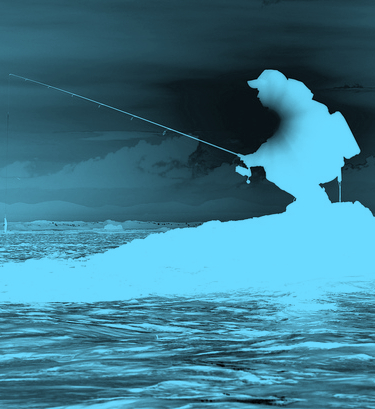Uncertainty in fishing hits mental health
 A new survey suggests chronic job insecurity has led to a mental health crisis and high rates of suicide among Australian commercial fishers.
A new survey suggests chronic job insecurity has led to a mental health crisis and high rates of suicide among Australian commercial fishers.
A Deakin University study published this month in the journal Marine Policy reveals a fishing community under stress and struggling under the weight of government policy around fishing licences.
While the mental health issues of the farming industry – which are often linked with fishers when it comes to research data and government policy – are well documented and prevention programs well-funded, less is known about the fishing industry.
Deakin University maritime anthropologist Dr Tanya Kin says part of the problem lies in how health and safety policies are applied across the board in the farming, fishing and agricultural industries without consideration of the particular issues that affect the fishing community.
“Why are the same health and safety policies applied to farmers, fishers and other agricultural workers despite there being particular features of small-scale fishing businesses that make them particularly vulnerable to depression, anxiety and suicide?” she asked.
“Insecurity of fishing concessions [quotas and licences], financial issues arising from banks tightening money to the industry, challenges accessing health care, physical risk, and politically-driven changes to government policy were all identified as major issues affecting fishers' health and well-being in small-scale fishing businesses.
“Of particular concern for fishers is the insecurity around fishing concessions. This ultimately renders fisher livelihoods insecure and we know that insecure livelihoods are a big contributor to poor mental health.”
Dr King said that the research demonstrates a real need for the separation of health research in the fishing and farming industries.
“This would allow the specific issues facing the fishing industry to be addressed, rather than assuming that policies good for farmers will necessarily work for fishers.
“It's not just people's livelihoods, or even consumer access to fresh, sustainable local seafood – people's lives are on the line,” she said.







 Print
Print